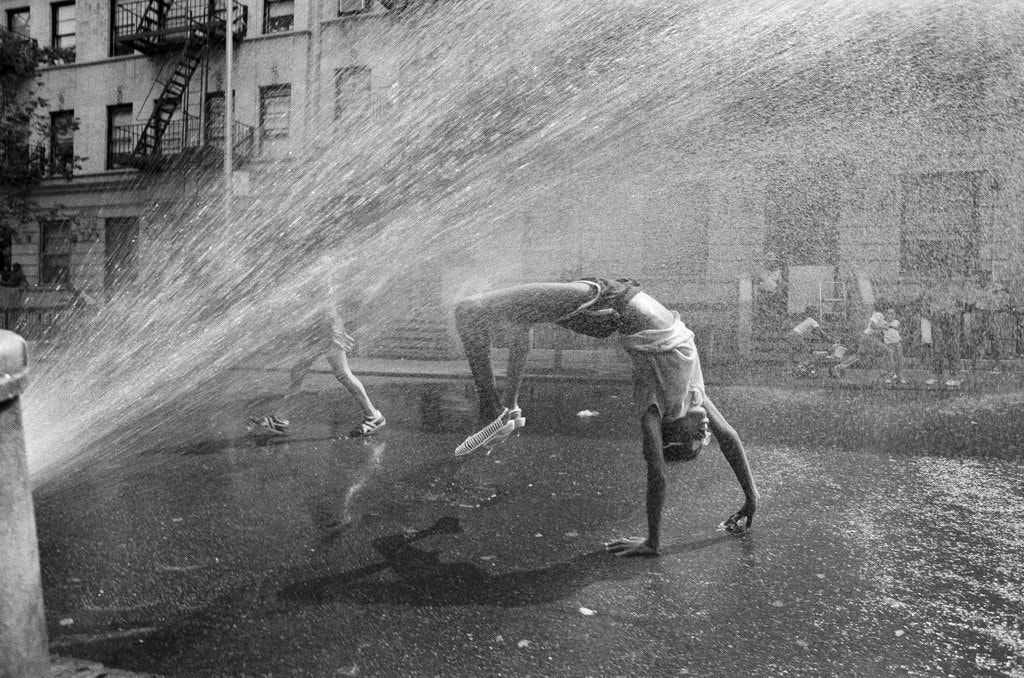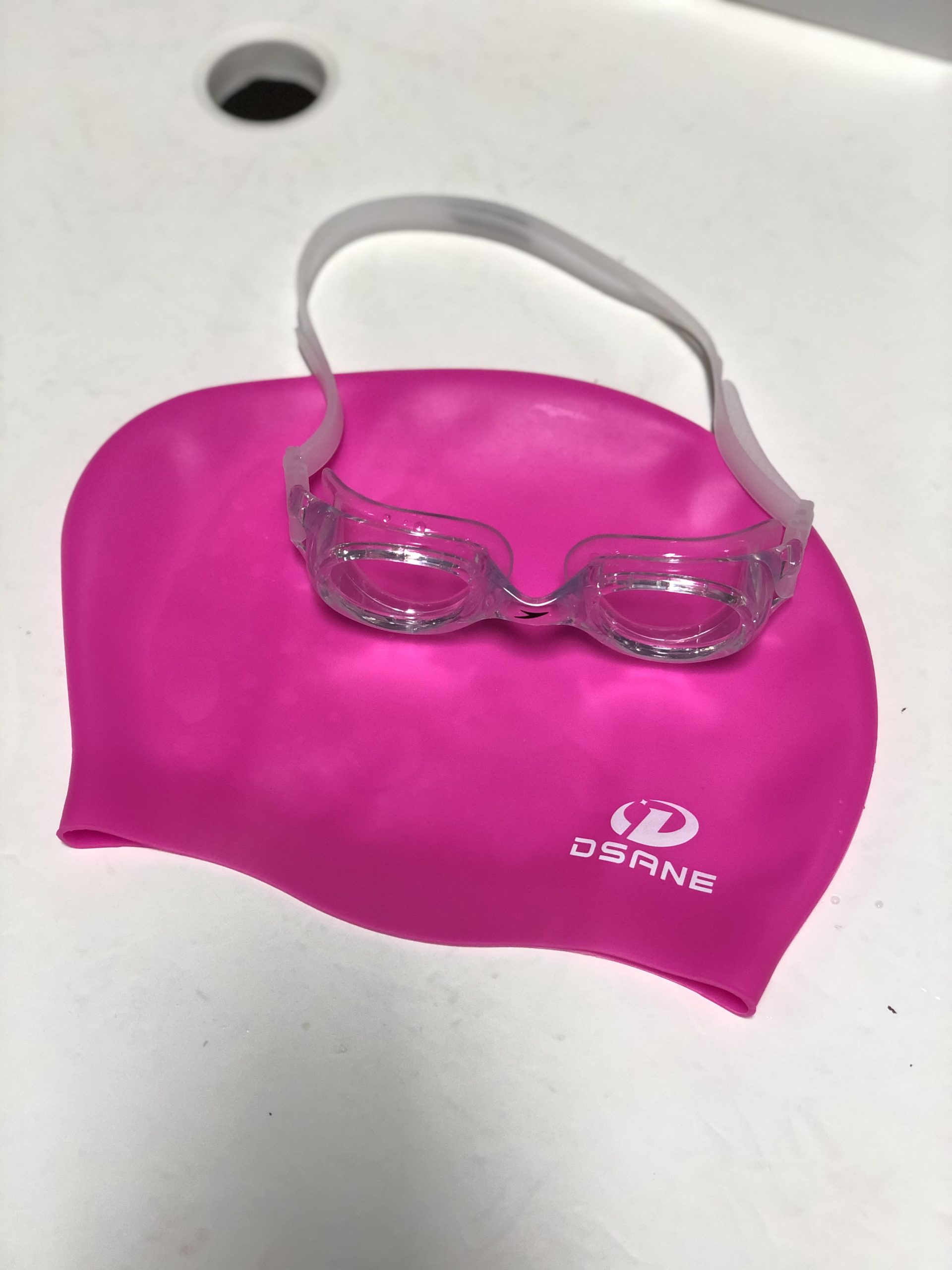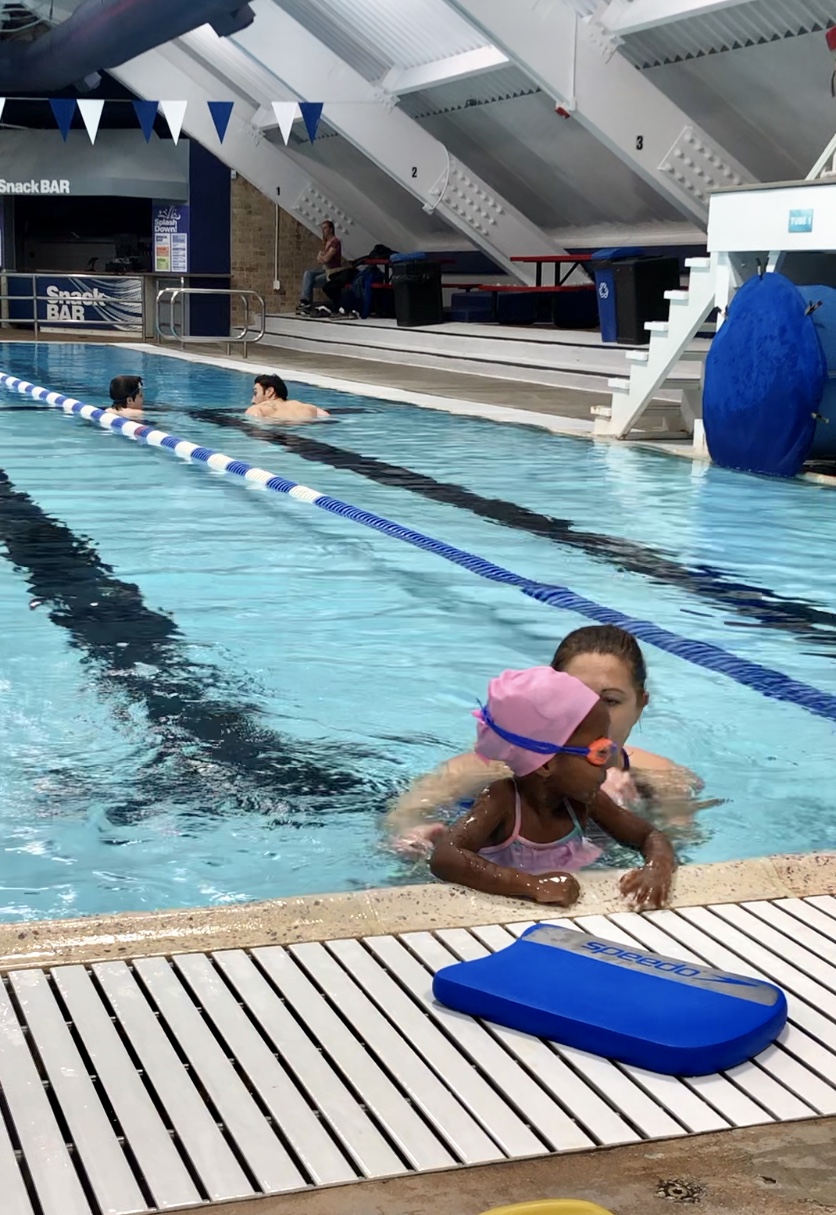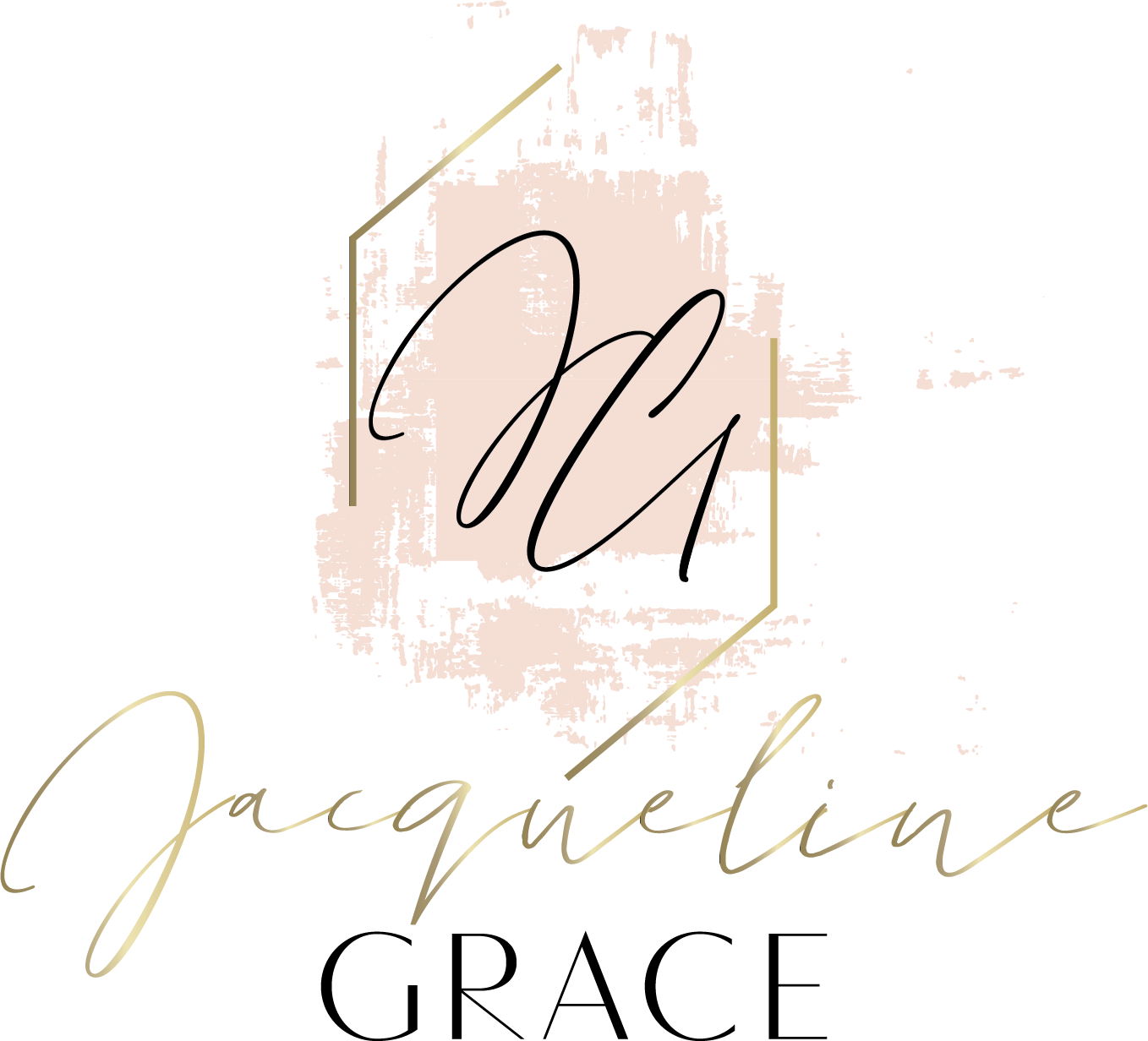It took a long time to do this thing. But, the thing was finally done.
I started swimming lessons.
Wait? You Don’t Know How to Swim?
No. I don’t know how to swim. I never learned. From as early as I can remember, I had a fear of water. I didn’t like to be splashed in the tub. Never ever. I wasn’t comfortable taking showers until I was about 10 years old; running water pouring on my face was a non-starter. I hated the sprinklers in NYC parks–they were the scariest. The only thing more so? Fire hydrants. THE worst. On those hot, humid NYC summer days when hydrants were used to cool off the kids on the block, I was miserable. Not from the heat; from my fear of the water. Most kids were excited when someone turned on the fire hydrant. Usually coupled with a stick or can to create a sprinkler effect, the hydrant was a welcomed reprieve from the blistering heat. Me? Not so much. I was terrified. I would run into the house and stay indoors. Watching from the window, I was legit the only child secretly praying for NYPD/FDNY to come by and shut down the fun. I. Hated. Water.

Doing gymnastics near an open hydrant on West 114th Street between what are now Frederick Douglass and Adam Clayton Powell Jr. Boulevards. July 8, 1982.Credit…Chester Higgins Jr./The New York Times
Additionally, I was never presented with the opportunity to learn to swim as a child. My family didn’t go to city pools–or to beaches for that matter–because…it just wasn’t on the radar. Priorities, I suppose (short answer). Anyway…
You can’t miss something you never had. Therefore, between my fear of water and not being exposed to circumstances (i.e. vacations) that would encourage me to get comfortable in water, I just never learned.
More Why
There’s a long, well-established, and complicated history surrounding African Americans and swimming (including discrimination, stereotypes, and inherited fears). Why I can’t swim–and why it was important for my children to learn how to swim–can be further explained in part by this 2017 report released by the USA Swimming Foundation. Highlights from the study:
Socio-Economic and Race/Ethnicity Differences
-
- 79% of children in families with household income less than $50,000 have no/low swimming ability
- Children who qualify for free or reduced school lunch programs are 63 percent less likely to have good swimming ability
-
- 76% of parents reported that their children would be more likely to want to participate in swimming if they saw a talented swimmer that looked like them
- 65% of African-American children would like to swim more than they do
Family is Significant
-
- If parent specified good swimming ability, their children are 4.3 times more likely to have good swimming ability
- If parents have no/low swimming ability, there’s a high likelihood their children won’t have good swimming skills (78% for African-American children, 62% among Hispanic/Latino children and 67% for Caucasian children)
- Children who swim with their family are 2.7 times more likely to be good swimmers
Fear
-
- Children who are afraid of drowning are 67% more likely to have low/no swimming ability
- African-American children and their parents are three times more fearful of drowning than Caucasian children and parents
- Children who know how to be safer around water are 3.7 times more likely to have good swimming ability
While there has been an increase in swimming ability among children nationwide, children of color lag woefully behind.
Do As I Say, Not As I Do
Despite not knowing how to swim ourselves, The Husband and I knew it was important for our children to learn. It’s a life safety skill and it was non-negotiable. Given some of the complexities of early parenthood (stories for days my friend; future posts for sure), we initiated swimming lessons later than hoped (Ryan was three; Reagan was one). Nonetheless, both children have been in lessons off-and-on for the last few years. Ryan has struggled: due to a traumatizing experience with an early, negligent swim instructor, he now has a deep-rooted fear that he is working steadily to overcome. He regularly protests lessons but, again, non-negotiable. So he goes; protesting and all. Reagan, on the other hand, is a little fish and loves lessons; I marvel at her comfort in the water. At the time of this writing, she’s pretty close to “getting it”. Per her instructor, Reagan has the mechanics; they are working on her confidence (can we come back to how/why confidence issues are showing up for my baby girl so early on??? Anyway…).
Our Turn
Inspired by the kids, by the need to role model, and by a genuine desire to learn a new skill, I did a thing. A thing that has taken me decades to do. But I finally did it. My first lesson was eye-opening. It highlighted my perpetual challenge in life and came along with the same maddening answer–I need to relax. If I can’t relax, then I can’t float. And if I can’t float, then I can’t swim. So I need to figure this out quickly: how to relax, trust, and ultimately relinquish control. Who knew swimming would double as therapy! (*insert eye roll here*)
Lesson two is tomorrow. Wish me luck!
Resources
Fire Hydrants Have Been New York’s Cool Solution for 100 Years
Why Are Black Youth At Highest Risk for Drowning
USA Swimming Foundation Announces 5-10 Percent Increase in Swimming Ability Among U.S. Children












Leave a Reply